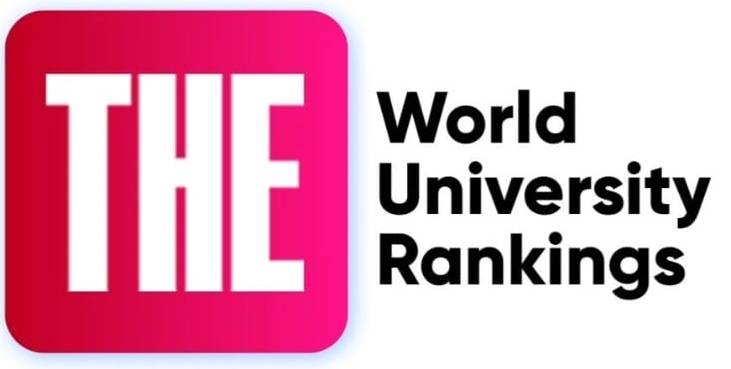PhD Public Relations
Eligibility : default
- Duration : 0
- Admission Criteria : default
PhD Public Relations at Shoolini University outlines the various types, practices, and principles of public relations. It explains the methods to confront problems and exploit opportunities, address different audiences (employees, communities, investors, consumers, and media), discuss campaign issues and debates, as well as manage crisis. The especially designed curriculum also offers an effective and highly accessible combination of theory and case studies and provides guidelines, checklists, and “how-to” advice.
On completion of the program, scholars will be able to apply critical thinking, analysis, and write papers to refine their understanding of major concepts and theories associated with Public Relations trends and initiatives. They become trained at the integration of meaningful information from relevant sources such as surveys, polls, forums, primary/secondary sources. Though critical analysis of data, researchers can effectively solve any problem.
The illustrious faculty at Shoolini University comes from leading Indian and global universities such as Oxford, NIH, and NCI. Many faculty members have received grants from national and international funding agencies.
The university has collaborations with renowned universities across the world for student exchange programs, faculty exchange and more. Prominent among these are, University of Arkansas, USA; Lanzhou University, China; University of Naples, Italy; Taipei Medical University, Taiwan; Gachon University, South Korea; South Dakota Mines University, USA.
PhD Public relations at Shoolini University is UGC certified.
Research Opportunities
- Journalism & Media
- Journalism
- Media Management
- Media Studies & Mass Media
- Translation & Interpreting
PhD Public Relations Career Opportunities
- Public Relations Officer
- Public Relation Analyst
- Media Researcher
- Event Management
|
|
|
Program Details
Top Faculty
Frequently Asked Questions
Latest Blogs
Explore the latest insights and updates in our newest Shoolini University blogs!
Still have Queries? Contact Us
Please fill in the form and an expert from the admissions office will call you in the next 4 working hours.




